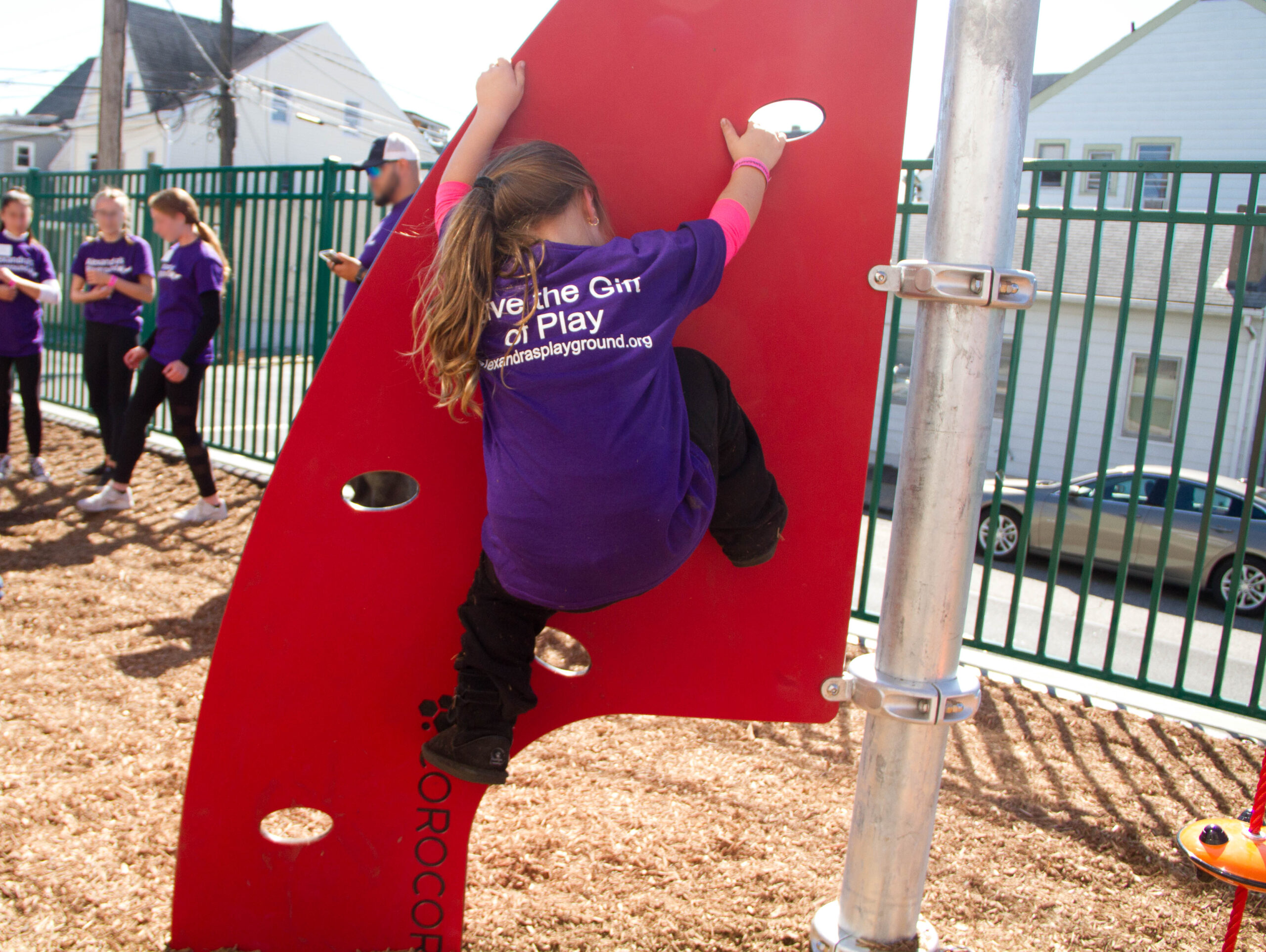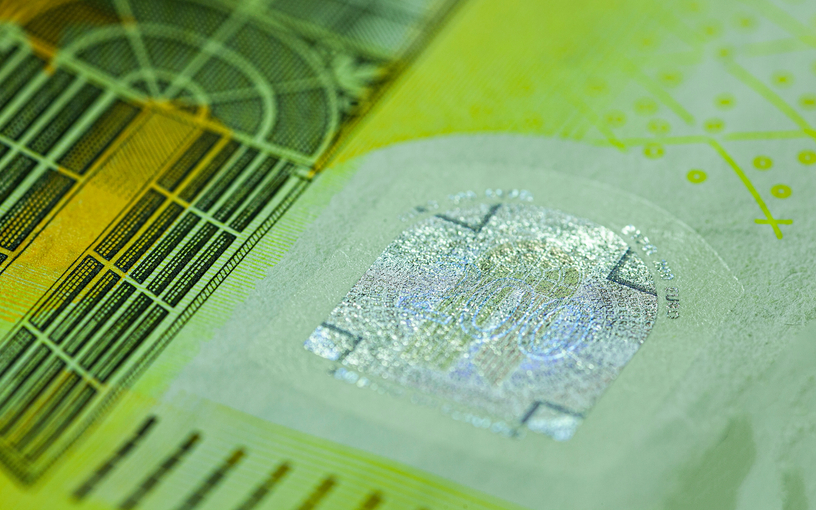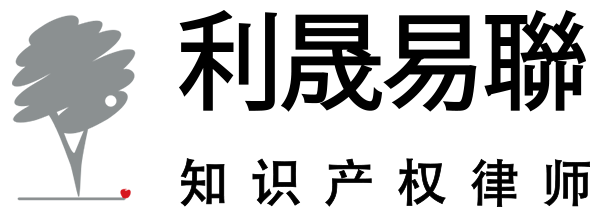Our pro bono work actively contributes to the common good by donating our skills to those who may not have the resources to attain the legal services they need to achieve their purpose and make the world a better place.
The organizations to which Leason Ellis contributes pro bono legal services, individually and collectively, are those that support ideals we hold dear: creativity and learning, physical and mental wellbeing, and animal rights.


The Pro Bono Partnership
Leason Ellis is honored to be working with Pro Bono Partnership. The Partnership brings together best-in-class and socially-minded legal professionals to provide free legal advice to non-profit organizations in Connecticut, New Jersey, and New York.
Through The Partnership, Leason Ellis volunteers its services in intellectual property matters to organizations that cannot otherwise afford legal counsel, helping them to more efficiently direct their resources to feed the hungry, house the homeless, promote the arts, protect the environment, and provide essential programs to their communities. Over the years, our attorneys have proudly taken up numerous volunteer opportunities to help non-profits referred by the Partnership with their various trademark and other intellectual property needs.
You can learn more about The Partnership at www.probonopartnership.org.
Volunteer Lawyers for the Arts
Intellectual property only becomes manifest when creative people do new things worthy of protection. No community understands this better than artists and arts organizations.
As part of our continuing commitment to supporting the local arts community, Leason Ellis is delighted to partner with Volunteer Lawyers for the Arts (VLA). Through VLA, our practitioners enjoy the opportunity to work on arts-related pro bono matters for low-income artists and non-profit arts organizations. Whether it is advising them on pursuing copyright claims, negotiating license agreements, or dealing with other IP issues, our attorneys stand ready to support artists and cultural organizations in their various pursuits.
You can learn more about VLA at www.vlany.org.
Save the Elephants
Elephants live as long as humans, roam in large family groups, and communicate over long distances like whales using subsonic communication. Save the Elephants is a non-profit organization that conducts vital research on these majestic, intelligent, and complex creatures.
One of our partners is on the Board of Trustees of Save the Elephants. Leason Ellis also performs pro bono work on behalf of the organization including in obtaining U.S. and foreign trademark protection, handling dispute resolution, and drafting license and promotional agreements. It is our pleasure to help Save the Elephants in its mission of securing a future for elephants in a rapidly changing world.
You can learn more about Save the Elephants at www.savetheelephants.org.

Center for Anti-Counterfeiting and Product Protection
Counterfeit goods can be devasting for brand owners who can suffer lost sales and reputational damage from shoddy fakes. They can also pose grave danger to the health and safety of consumers who may unwittingly purchase sub-standard or adulterated product.
The Center for Anti-Counterfeiting and Product Protection (A-CAPP) is a non-profit organization housed at Michigan State University. It is the first and only academic body focusing upon the complex global issues of anti-counterfeiting and product protection of all products, across all industries, in all markets.
On behalf of A-CAPP, we filed an amicus brief in support of the appellant in Nike, Inc. v. Wu, et al., Docket No. 20-602, which had petitioned to appeal an order by the Southern District of New York. The appeal raised the question of whether a third-party bank may be held in contempt for failing to comply with a court order freezing a counterfeiter’s assets. The brief reflected A-CAPP’s view that the District Court’s decision denying the trademark rights owner’s motion to hold banks in contempt warranted reversal not only because of legal error, but because affirming the lower court’s decision would rob rightsholders of one of the few effective tools they have in combatting counterfeiters and would instead lay out a roadmap for criminals, showing them precisely how to use New York branches of foreign banks to evade the reach of the law.
You can learn more about Center for Anti-Counterfeiting and Product Protection at www.a-capp.msu.edu.



